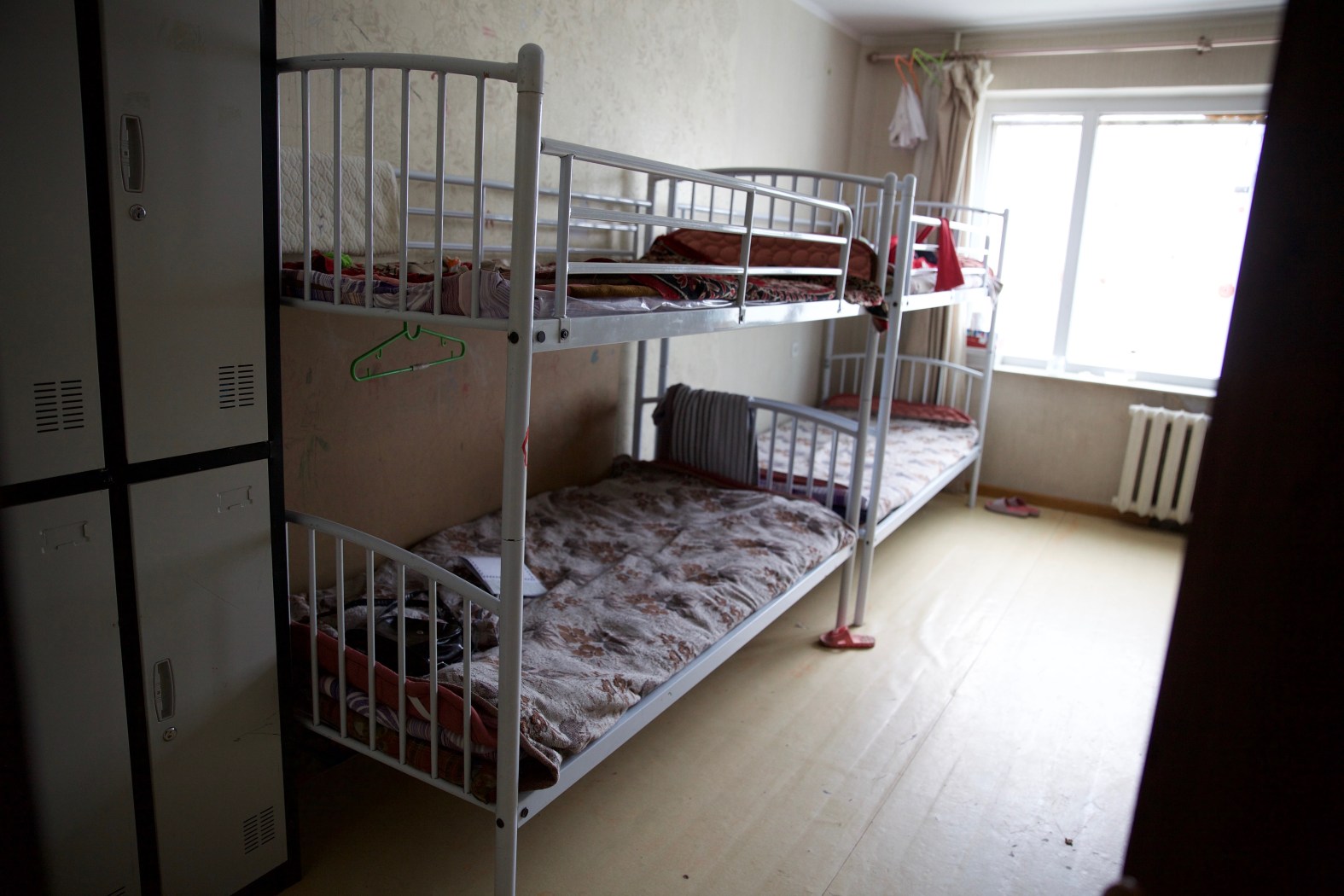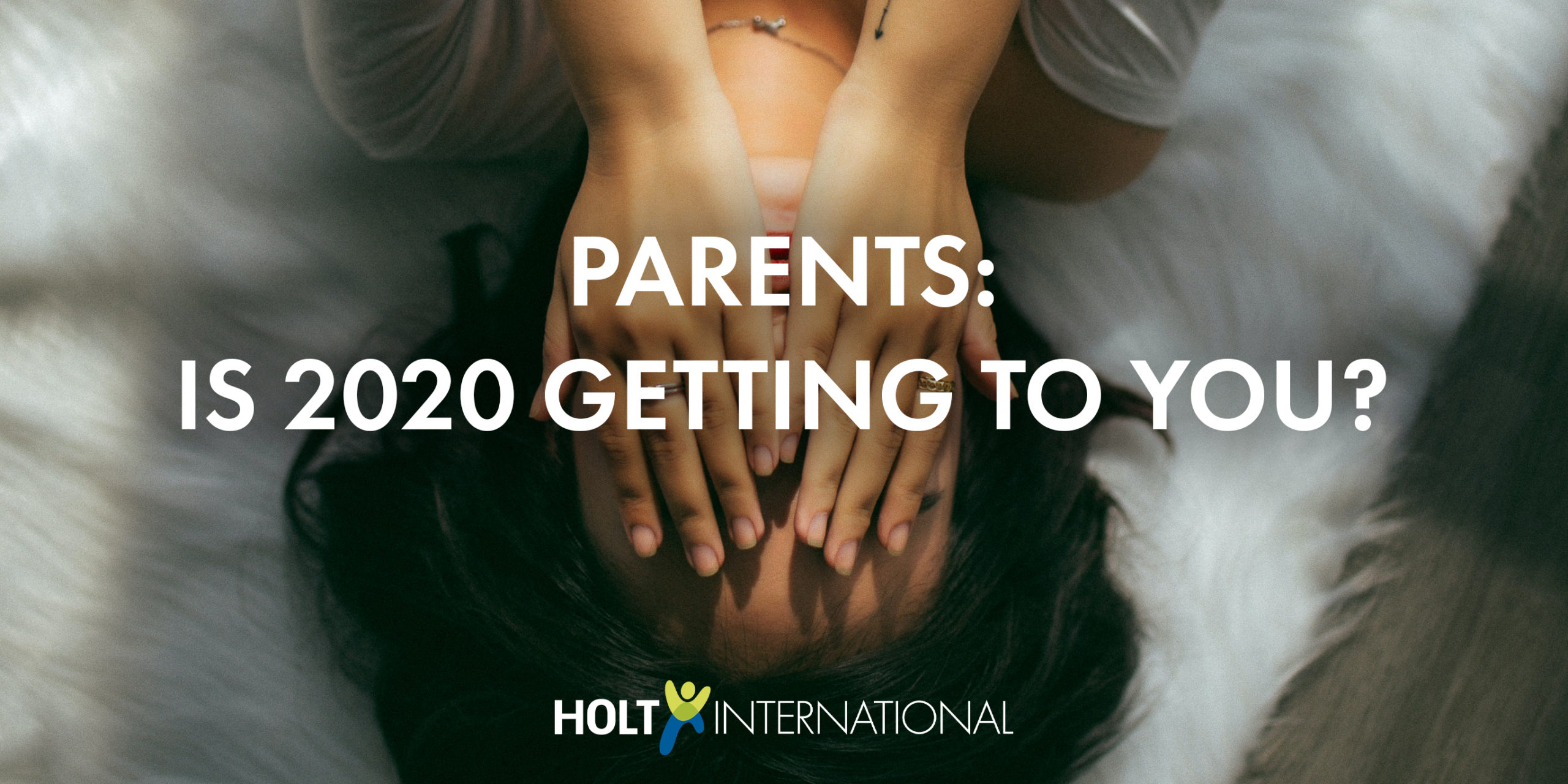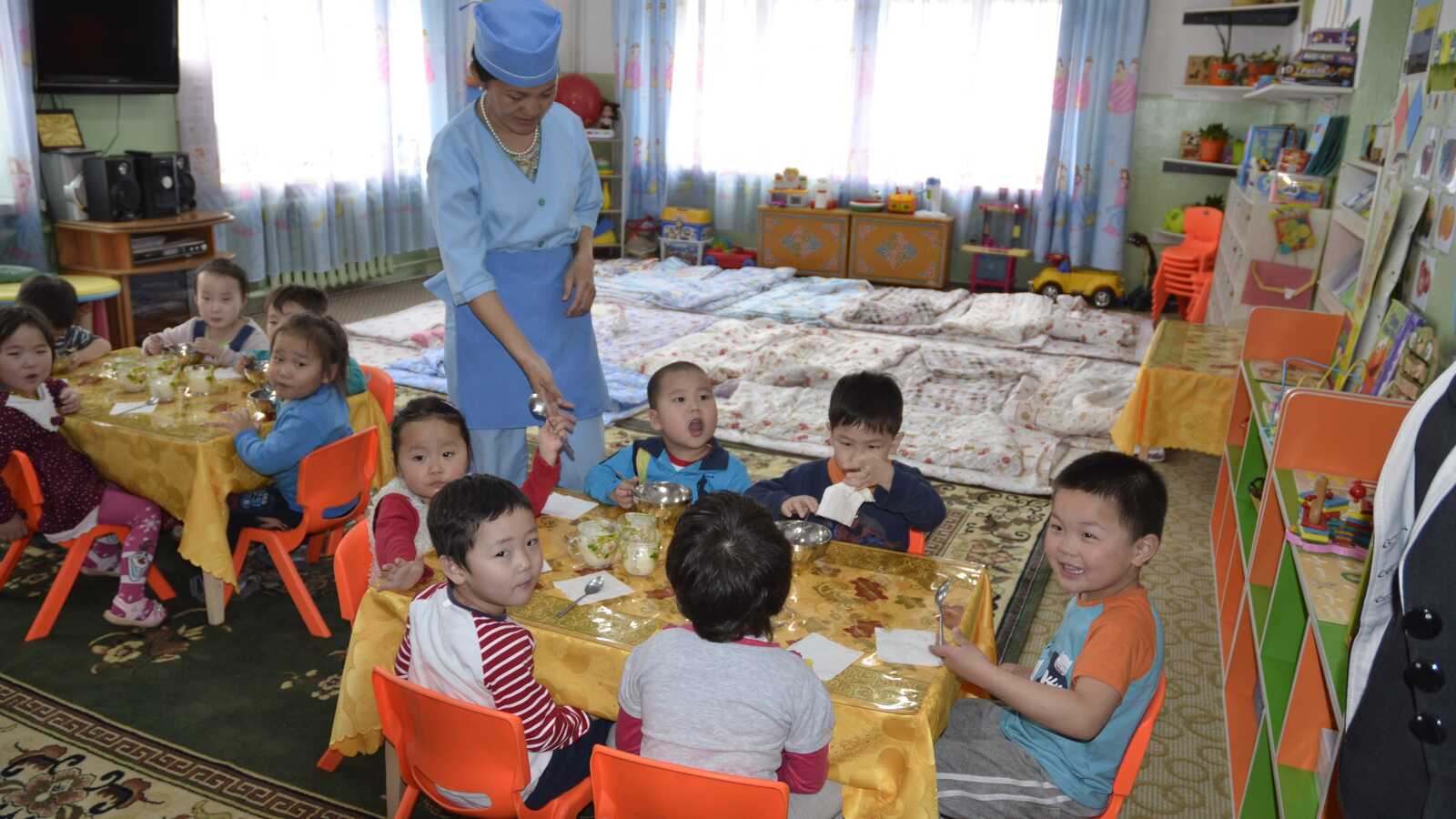When COVID-19 hit Mongolia earlier this year, the government responded immediately — closing schools and businesses, and introducing quarantine measures to help prevent the spread of the virus. Shortly afterward, local domestic violence shelters began experiencing an increased demand for services — especially in the communities where sponsors and donors support children.
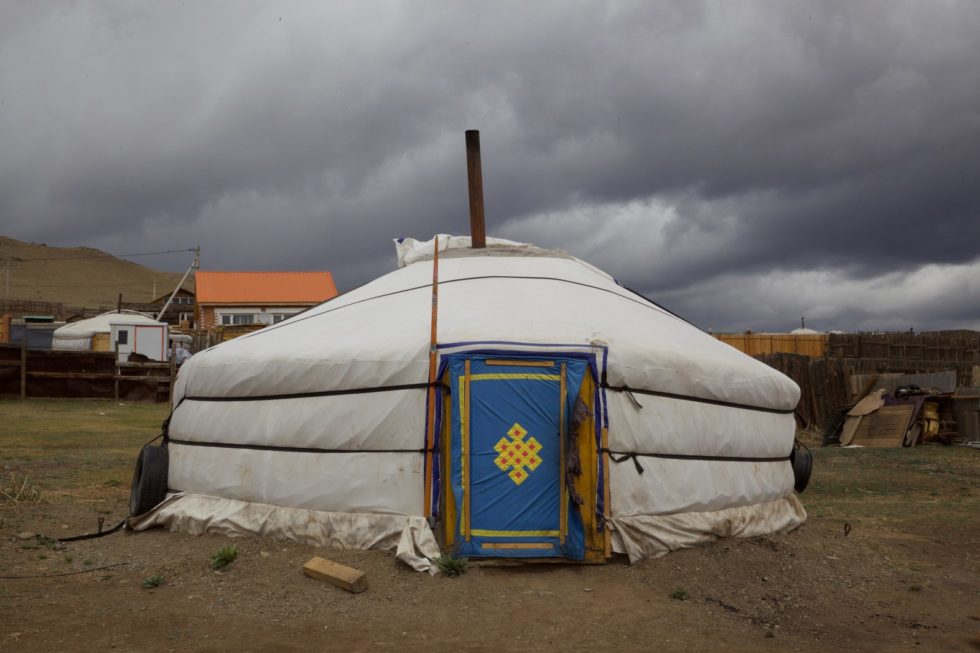
While domestic violence has increased in many countries, one unique aspect of Holt’s Mongolia programs is that sponsors and donors directly support three domestic violence shelters for women and children— one in Ulaanbaatar, and two in the countryside — as well as emergency helplines to report incidents of abuse. Since the beginning of the pandemic, all three shelters have reported significant, double-digit increases in reports of abuse.
Why is the pandemic causing a global rise in domestic violence?
Since COVID-19 became a global pandemic, the world has witnessed what United Nations chief António Guterres in April called a “horrifying global surge in domestic violence” toward women and children.
Multiple factors have contributed to this surge in violence, including the stress of lost jobs, stay-at-home orders and social isolation. In the impoverished communities Holt serves, families often live in cramped housing — making quarantine measures even more stressful. Lost income adds further strain for families already living in poverty as they now struggle to feed their children and pay their rent. With tensions rising, family members are more likely to abuse drugs and alcohol, and more likely to commit acts of violence.
With schools closed and children trapped at home all day, they are even more vulnerable. Most cases of child abuse are identified by teachers and school administrators. But with schools closed due to COVID-19, these children have no one outside the home to protect them from their abusers.
What is the situation for women and children in Mongolia?
According to Holt’s staff in Mongolia, the reason for the increase in domestic violence is much the same as in other countries. Due to nationwide quarantine, many parents have lost jobs and are using alcohol as a coping mechanism, which has led to higher incidents of abuse. Although schools recently reopened in September, the closures over the summer also put children at heightened risk.
Since COVID-19 hit Mongolia, the number of cases reported to the National Center for Domestic Violence rose to 425 or by 26%. Calls for emergency services rose by 39%. “The risk level was very high in these violent circumstances,” our staff reports.
Since COVID-19 hit Mongolia, the number of cases reported to the National Center for Domestic Violence rose to 425 or by 26%. Calls for emergency services rose by 39%. “The risk level was very high in these violent circumstances,” our staff reports.
In total, 180 individuals have sought refuge at one shelter sponsors and donors support — 65% of them children — since the pandemic began in March. Another currently has 81 women and children in care, which is up 35% from last year. At another shelter, 50 children are in care, 20 of them are 4 or younger, and four have special needs.
“This situation is prompting an immediate demand for assistance to the children,” our staff reports.
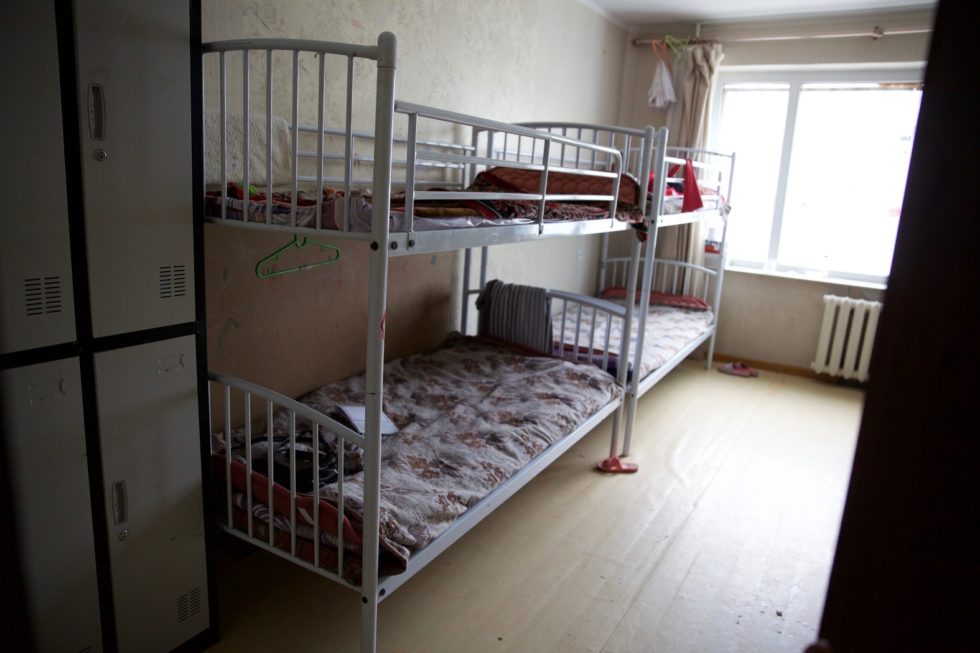
How are Holt sponsors and donors already helping to address this crisis?
Through their generous gifts, Holt sponsors and donors already provide support for women and children fleeing domestic violence in Mongolia. This support provides everything from medical care, nourishing food and a warm, safe bed at the shelter to counseling, life skills training and help transferring registration so children can continue going to school. Last year, donors also provided headsets for operators at the emergency call center.
As more and more women and children have sought refuge during the pandemic, Holt donors have provided additional funds to purchase infant formula, diapers, vitamins and other essentials, including medical testing equipment to help keep the children safe and healthy.
At one of the shelters, Holt donors also made it possible to purchase a computer for the children to do schoolwork online.
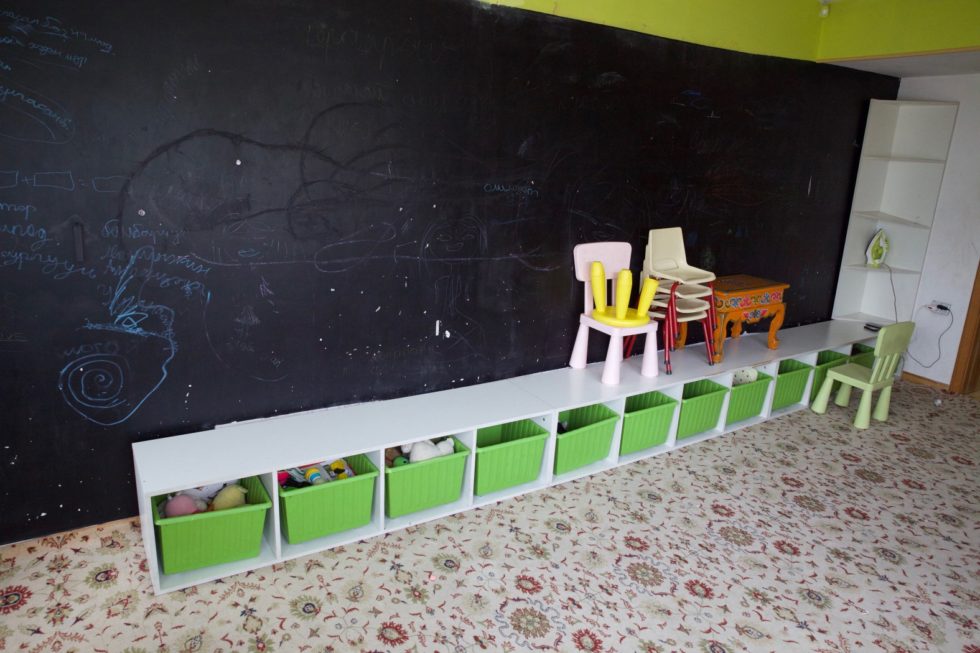
What is the long-term plan for women and children who stay at the shelters?
When women and children arrive at the shelter, they receive psychological counseling, medical care to treat any injuries and each of their cases is investigated by the police to determine the kind of protection and services they need moving forward. Women can receive legal assistance with divorce proceedings and help resolving child custody issues. Social workers then work with each woman to help her find a job, secure safe housing and ensure she can care for her children on her own.
As many of the women who stay at the shelters lack skills or education, they often end up working low-paying jobs. Through their monthly support, Holt sponsors can help them care for their children by meeting basic needs like school supplies, clothing and food.
As many of the women who stay at the shelters lack skills or education, however, they often end up working low-paying jobs. Through their monthly support, Holt sponsors can help them care for their children by meeting basic needs like school supplies, clothing and food.
When children arrive at the shelter alone, shelter staff work with the police to determine the best long-term solution — whether that’s staying with extended family or going to live at one of the care centers Holt supports in Ulaanbaatar. However, due to COVID-19, orphanages aren’t currently accepting new children into care and many are already close to capacity. While this has added an extra burden on shelter staff and also prevented them from taking in more children who need help, every child currently in care at the shelter may stay as long as they need until the staff can find a safe, stable home for them.
How you can help
PROVIDE A NIGHT OF SAFETY: Give a one-time Gift of Hope to help a woman and her children escape a violent situation.
GIVE TO THE SHELTERS IN MONGOLIA: Contact Holt donor representatives Gina Hedberg at (320) 224-0610 or [email protected] or Courtney Hohenlohe-Langenburg at (541) 868-5048 or [email protected] to make a designated gift to help women and children at the Holt-supported domestic violence shelters in Mongolia.
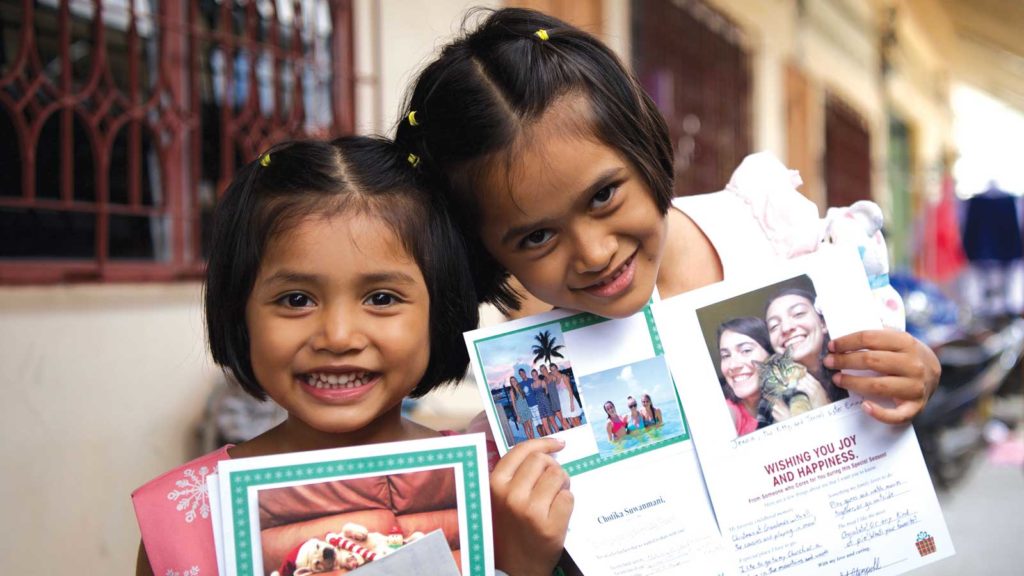
Become a Child Sponsor
Connect with a child. Provide for their needs. Share your heart for $43 per month.
